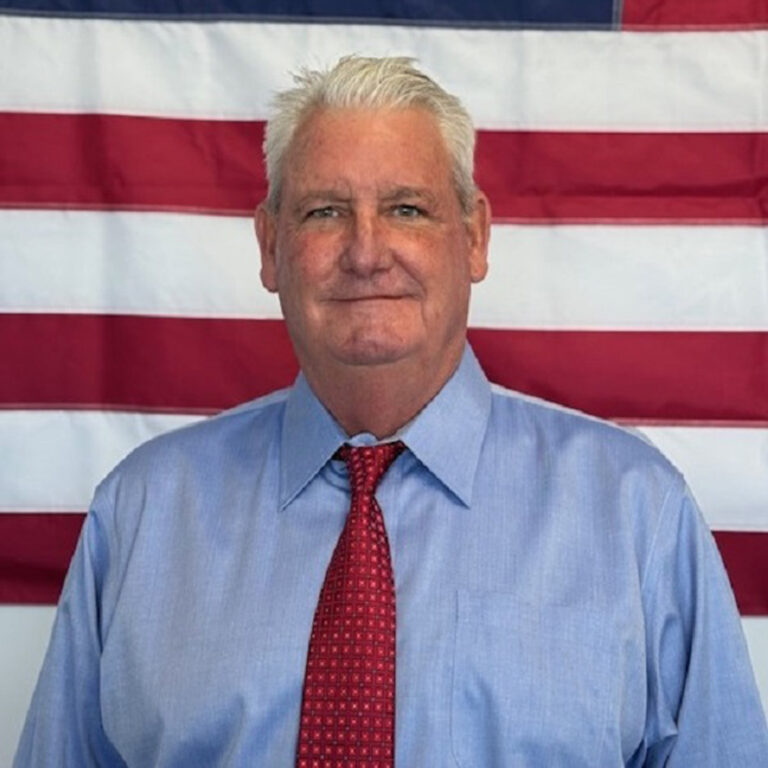Explore More
Concierge Medicine’s Surge Signals Shift in Complex Patient Care
In the evolving healthcare market, concierge medicine focuses on chronic condition management for sustainable wealth creation and patient excellence.

Concierge medicine is on an impressive growth trajectory in the United States, driven by patient demand for personalised care, a growing recognition of chronic conditions such as Dysautonomia and an ongoing shortage of primary care physicians. As the market is projected to climb from $7.35 billion in 2024 to over $8 billion in 2025, with a compound annual growth rate (CAGR) between 6.88% and 10.36% through 2030 , service models that focus on specialised, multidisciplinary approaches are rapidly gaining traction.
Dysautonomia presents a particularly complex challenge for both patients and providers, often resulting in delayed diagnoses and piecemeal management. This mounting demand for effective Dysautonomia treatment is reshaping priorities across the private healthcare sector, spotlighting firms which can deliver measurable improvements in patient outcomes through tailored, ongoing treatment programmes.
Bespoke Dysautonomia Treatment as a Competitive Differentiator
In response to evolving market pressures, Tampa Bay Concierge Doctor has rolled out a new Dysautonomia Treatment Program under the leadership of Dr Khalid Saeed, D.O. The offering aims to address the shortcomings of conventional care by providing highly personalised diagnostics, ongoing symptom monitoring and direct 24/7 access to clinical expertise for a limited patient base. Dr Saeed articulates the commercial rationale: ‘Many patients with Dysautonomia go years without a proper diagnosis or treatment plan that addresses their unique needs…Our goal is to provide comprehensive care in a concierge model that gives these patients time, attention and customised treatment strategies that can truly improve quality of life.’
For investors and referring clinicians, this approach signals a focus on patient engagement and long-term retention. By combining in-home appointments, close coordination with specialists and active management of lifestyle and nutritional interventions, concierge clinics are responding to lucrative gaps in traditional service provision. Competing models that fail to offer this level of care risk losing out as patient expectations for outcome-driven, convenient support continue to rise.
Market Growth Backed by Chronic Condition Trends
Data highlights a key connection between the expansion of concierge medicine and the increasing prevalence of chronic, under-recognised conditions such as Dysautonomia. With symptoms spanning heart rate fluctuation, blood pressure irregularities, temperature dysregulation and digestive issues (NIH), Dysautonomia frequently necessitates a multidisciplinary, sustained approach. High search volumes for ‘Dysautonomia treatment’ and related terms such as ‘do I have Dysautonomia quiz’, ‘Dysautonomia diagnosis’ and ‘Dysautonomia life expectancy’ (DataForSEO) provide evidence of both unmet need and rising health literacy among prospective patients.
The utilitarian strategy championed by leading concierge practices extends beyond diagnostics, leveraging partnerships with neurologists and cardiologists to deliver seamless care. Reports indicate that the primary care segment now represents up to 38.6% of the concierge medicine market share, with specialities such as neurology also rising in response to chronic condition management demands (Coherent Market Insights).
Quality of Care as a Driver of Wealth Creation and Practice Performance
As the business case for comprehensive chronic care strengthens, clinics able to quantify and communicate improvements in patient quality of life secure a distinct advantage in patient loyalty and referral volume – two core drivers of sustainable revenue. Research underscores that concierge models excel in patient satisfaction and retention, both key levers for practice growth and valuation (Towards Healthcare).
Tampa Bay Concierge Doctor’s Dysautonomia treatment service, which limits membership to ensure intensive individual focus, exemplifies a high-margin model calibrated for wealth creation through differentiated care. Key features such as direct clinician access, extended appointment times in patient-preferred settings and a seamless specialist referral process are not only value adds for patients, but also serve as defensible competitive moats in an increasingly crowded marketplace.
Industry Implications and Future Outlook
The strategic decisions of private medical practices to focus on long-term, complex condition management are reflected across high-growth regions and are poised to influence broader adoption of patient-centred models nationwide. As awareness of Dysautonomia and other autonomic disorders grows, so too does the opportunity for those providers who can deliver sophisticated, measurable care pathways. For physicians, business leaders and investors, concierge medicine’s tailored approach to chronic care will continue to set the bar for sustainable practice profitability and excellence in patient outcomes.




